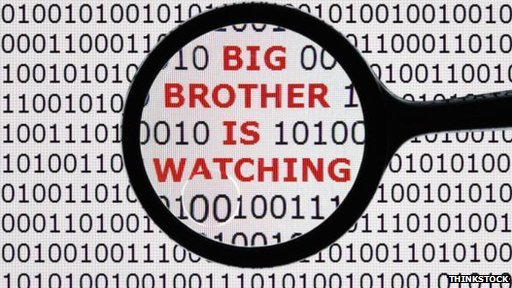How big data is changing the world

The data to measure the happiness of a city is already all around us, in the tweets we send on an hourly basis to the profiles we share on Facebook.
And increasingly that data is being captured and analysed to gauge the health and happiness of a nation.
Take the Hedonometer project which this year set out to map happiness levels in cities across the US using data from Twitter.
Using 37 million geolocated tweets from more than 180,000 people in the US, the team from the Advanced Computing Centre at the University of Vermont rated words as either happy or sad.
As well as discovering, somewhat depressingly, that people were happiest when they were further away from home, the study threw up some interesting facts about how healthy they were too.
It found words such as “starving” and “heartburn” were written far more frequently in cities with a high percentage of obese citizens.
Such data could be incredibly useful to city governments, for informing them about what policies were needed in any given area.
“Cities looking to understand changes in the behaviour of their citizens, for example to locate ads for public health programmes, can look to social media for real-time information,” said Chris Danforth, one of the project leaders.
- Each engine of a jet on a flight from London to New York generates 10TB of data every 30 minutes
- In 2013 internet data, mostly user-contributed, will account for 1,000 exabytes. An exabyte is a unit of information equal to one quintillion bytes
- Open weather data collected by the National Oceanic and Atmospheric Association has an annual estimated value of $10bn
- Every day we create 2.5 quintillion bytes of data
- 90% of the data in the world today has been created in the past two years
- Every minute 100,000 tweets are sent globally
- Google receives two million search requests every minute
By Jane Wakefield Read more

























